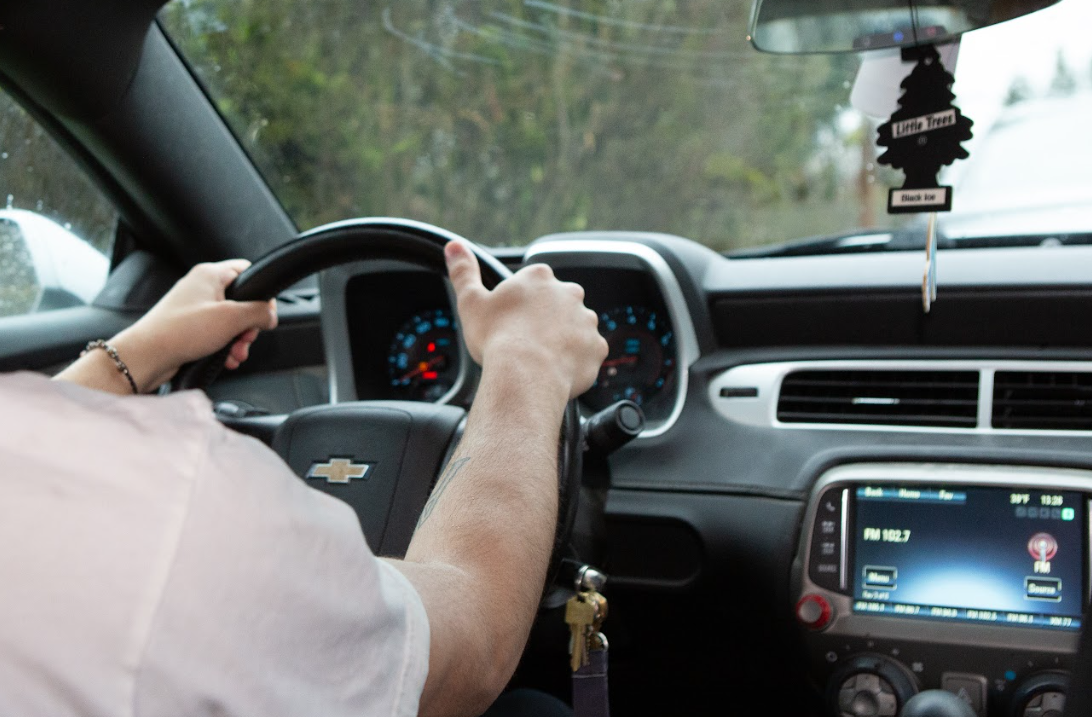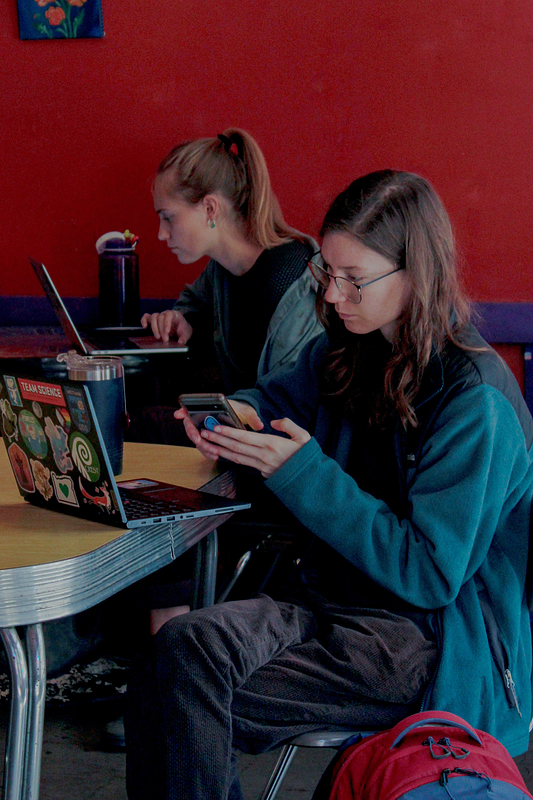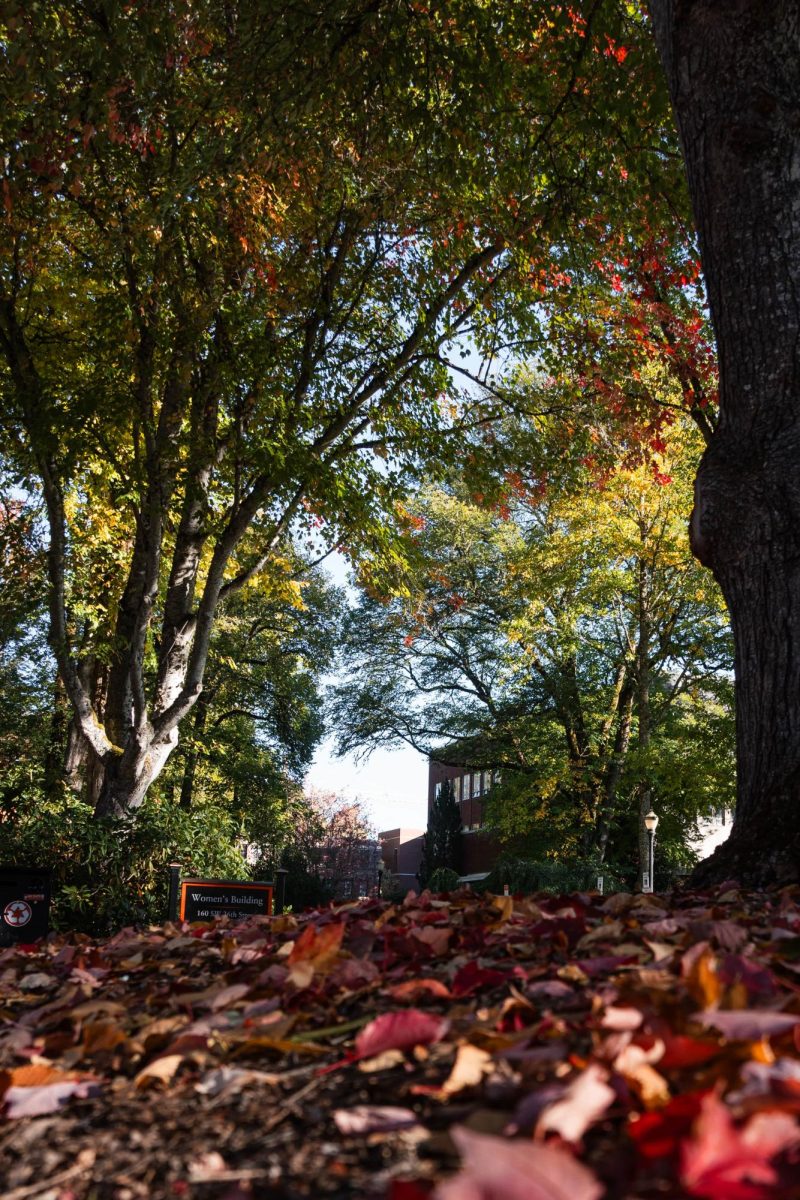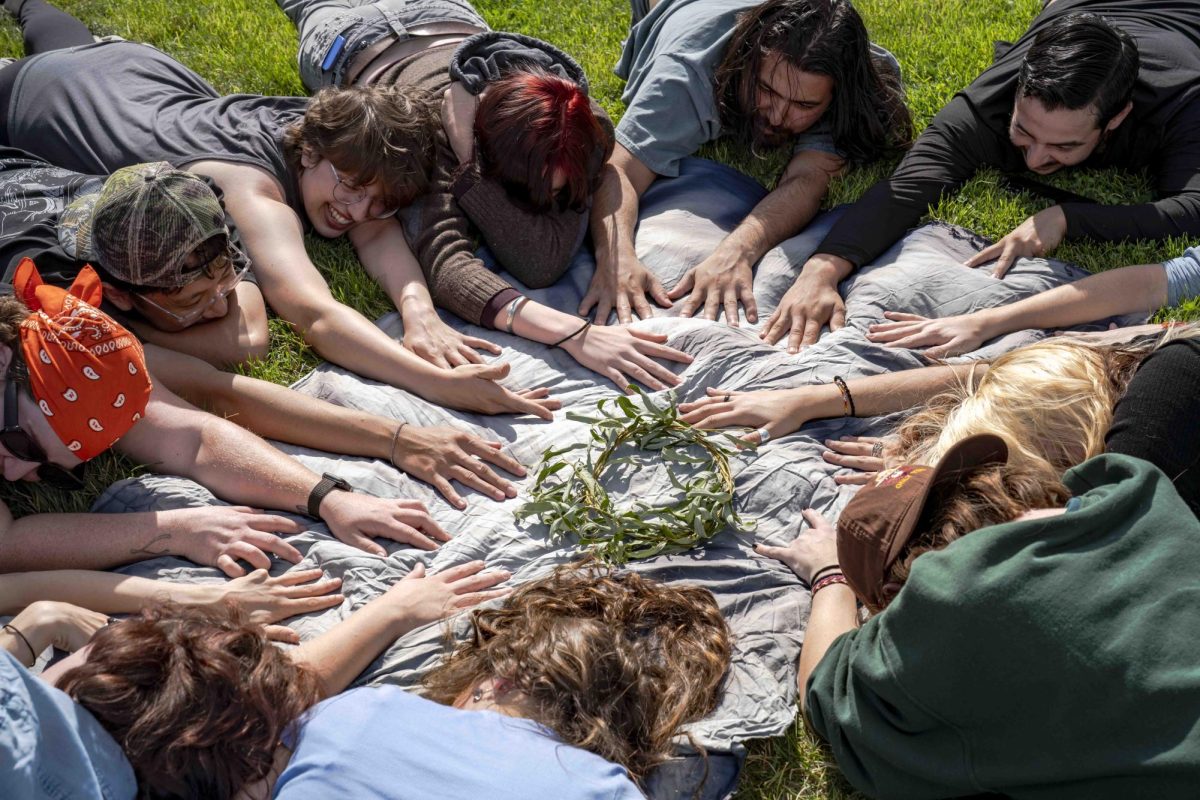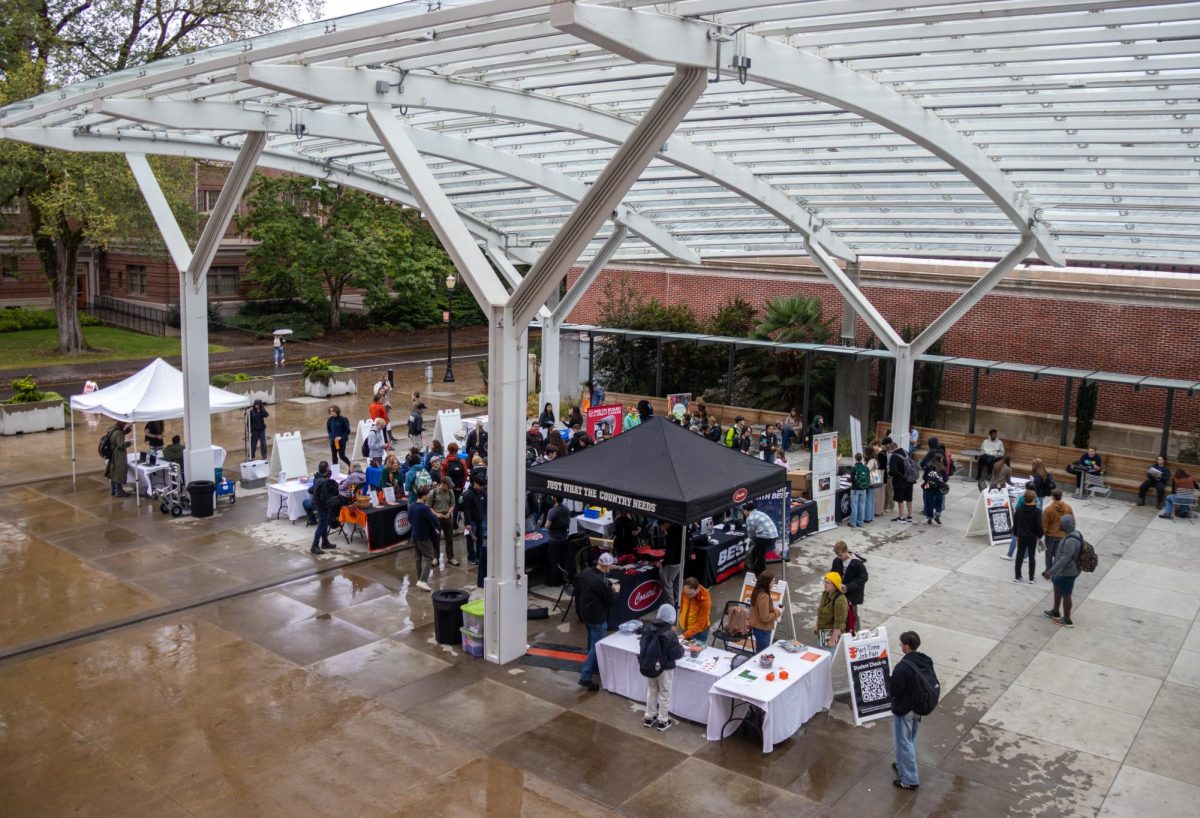With spring break right around the corner, students are planning out how to spend their time off. Some students may be going on exciting trips, including road trips.
However, there are many things to consider when planning a road trip. Luckily Oregon State University’s Adventure Leadership Institute has some tips to ensure your road trip goes as smoothly as possible.
Emily Abrams, the operations manager for the ALI, said that an itinerary is the ideal place to start when planning a trip. Additionally, back-up plans are a great way to ensure that any surprises that do come up can be accommodated for. Abrams said to make sure that everyone in your group knows what the plan is and what they’re bringing as well.
“A general itinerary checklist includes locations, weather, road conditions or closures, gas stations, food options and places to sleep,” Abrams wrote in an email. “If there are specific outdoor activities you want to accomplish, make sure you have a list of equipment and, or know of guide services or gear rental shops along the way to rent from.”
Next, begin planning the route and activities. This should start with the main goal of the road trip, what the most important thing is to the group.
After that, plan out how much driving time is ideal per day and choose from sights on the way for breaks Abrams said. Swap drivers if at all possible, so not just one person is having to do the same task all day. Additionally, if looking for things to do, most cities and towns have websites with recommended places for visitors.
“Be realistic about how much time you want to spend at each place to really enjoy it,” Abrams said. “Don’t rush.”
Gas will most likely be the greatest expense of the trip, so picking the car with the best gas mileage among the group of travelers is ideal, Abrams said. Ensure you know roughly how much money the gas will cost and be prepared for that expense. Overestimating is usually better than underestimating gas prices.
Camping and making food to bring are excellent ways to save money on a trip, which can be put towards sightseeing or other more enjoyable activities. However, be cautious where you camp and ensure your budget reflects your willingness to do so over staying in a hotel or AirBnB.
If staying in these accommodations, ensure that they are booked ahead of time to avoid potentially not having a room. Also, be sure to research the destination and look into resources such as the National Parks Service and Bureau of Land Management for safe places to camp if choosing to do so, Abrams said.
Finally, for any further questions and information, Abrams recommended talking to the ALI, which can be found in Dixon Recreation Center and is open Monday to Friday, noon-6 p.m. for any equipment rentals, or other useful resources.

